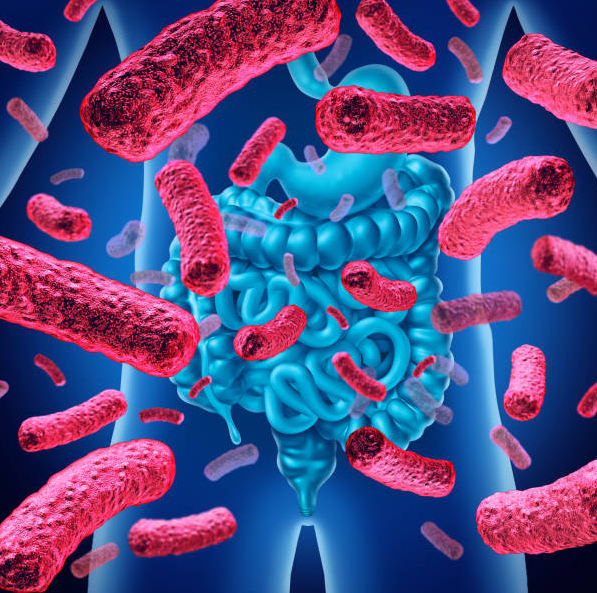Fruits for Fighting Colon Cancer: New Research Suggests Citrus and Apples Could Lower Risk
Could citrus fruits and apples help ward off colon cancer? New research suggests these fruits contain compounds that may pack a punch against colon tumors. We break down a meta-analysis showing how citrus and apples may protect against colon cancer, and how much you need to reap benefits.

Colon cancer remains one of the most prevalent and deadly cancers worldwide. Could simply eating more citrus fruits and apples help lower your risk of developing colon cancer? A new meta-analysis published in the World Journal of Gastroenterology suggests so.
The meta-analysis, led by researchers at the Affiliated Hospital of Southwest Medical University in China, pooled findings from 24 previous observational studies conducted around the world. Together these studies included over 1 million participants tracked over time. By combining data from many studies, meta-analyses allow researchers to glean more definitive insights.
The aim of this meta-analysis was to clarify the links between intake of different types of fruit and future incidence of colon cancer.
Fruits that Pack an Anti-Cancer Punch
Indeed, the meta-analysis revealed that certain fruits appear to confer a colon cancer-protective effect. Four fruits in particular stood out:
- Citrus fruits - Those who consumed the highest amount of citrus fruits like oranges, grapefruits, lemons, and limes had a 9% lower colon cancer risk compared to those with lowest citrus intake.
- Apples - Frequent apple eaters had a significant 25% reduction in future colon cancer incidence versus non-apple eaters.
- Watermelon - Higher watermelon consumption was linked to 26% lower colon cancer risk.
- Kiwi - Kiwi intake also reduced colon cancer risk, by 13%.
No clear protective associations were uncovered for fruits like bananas, grapes, strawberries, peaches, pears, figs, and melons.
These findings suggest that citrus fruits and apples in particular contain compounds like antioxidants that may help prevent colon tumors from developing and growing.
When analyzing just citrus fruit intake, a key finding emerged: cancer risk appeared lowest at around 120 grams of citrus per day (equivalent to about one small orange). Beyond this level, more citrus did not further lower risk. This suggests 120 grams as a sort of optimal daily target for citrus intake.
The conclusions remained consistent across diverse populations and age groups studied around the world.
Putting Fruit Knowledge Into Action
Despite some limitations inherent in observational nutrition studies, the findings add to growing evidence that fruit, especially citrus and apples, can be powerfully chemopreventive due to antioxidants like vitamin C and polyphenols.
These compounds help quell inflammation and neutralize free radicals that can otherwise damage DNA and spur colon tumors. Beyond colon health, they offer vitamins and benefits throughout the body.
While genetics and risk factors like smoking impact colon cancer risk, diet is among the few modifiable factors within our control. Along with adequate vegetable intake and avoiding processed meats, fruit can be a simple yet potent ally in the fight against colon cancer.
Based on this data, striving for at least 120 grams of citrus fruits per day appears wise for colon health. An apple per day (about 120 grams) also provides benefits. Aim to work a variety of colorful fruits into your daily diet.
Though definitive proof is still needed, small boosts in produce intake now may pay off decades later with lower colon cancer risk.
References
Wu, Z.Y., Chen, J.L., Li, H., Su, K. and Han, Y.W., 2023. Different types of fruit intake and colorectal cancer risk: A meta-analysis of observational studies. World Journal of Gastroenterology, 29(17), p.2679
https://pubmed.ncbi.nlm.nih.gov/37213399/




